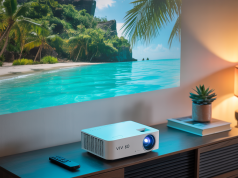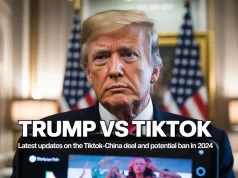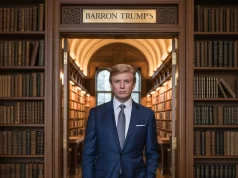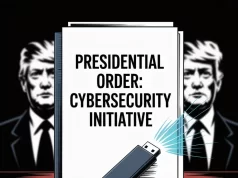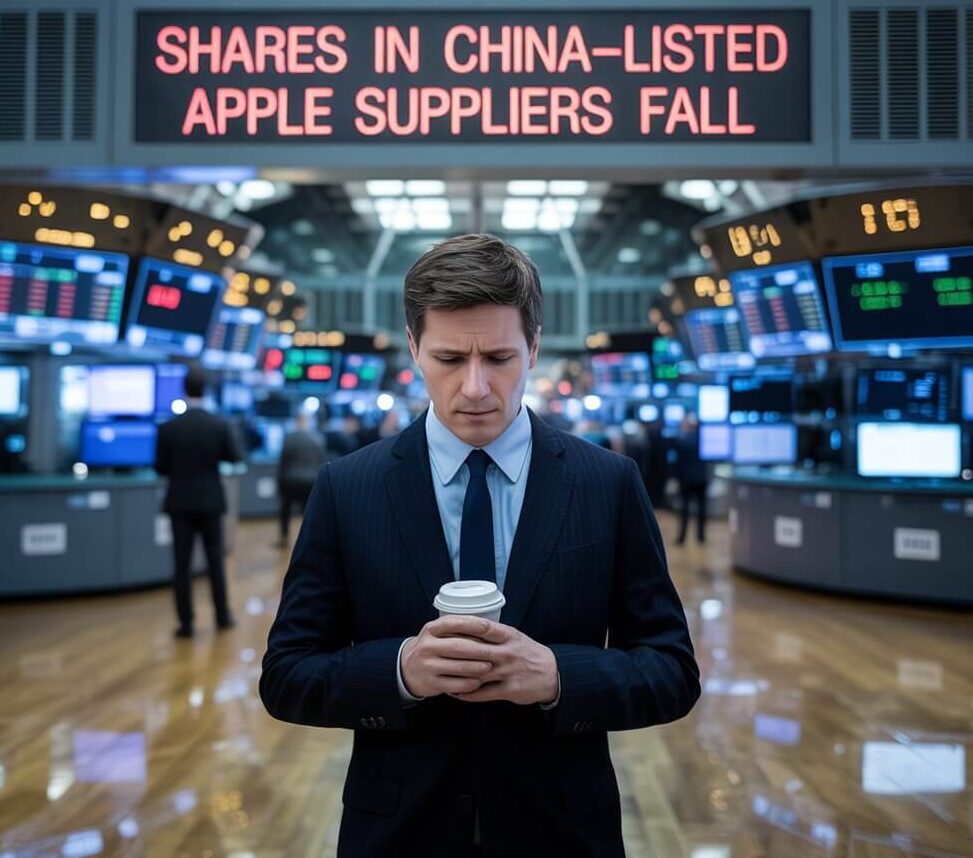Introduction: Trump Base AI Regulation
The world of AI is changing very fast and a new power is shaking old political alliances Trump Base AI Regulation . According to the recent polls, the base of Trump is rather distrustful of unregulated AI than it is in government policy.
Nevertheless, this popular interest is mighty under-current that surprisingly conflicts with the deregulatory policy of the new government. Moreover, it is a heavy debate since we are grappling with a technology that will introduce advancement and disruption unlike any before.
The Poll Results: What the Numbers Say about Trump Base AI Regulation

Surprisingly, according to a new survey conducted by a groundbreaking company, the majority of Trump base voters are in favor of more rigid rules regulating AI. It is important to note that the following are the main findings:
Seven out of ten self-proclaimed MAGA voters think that the government needs to regulate AI more. Two out of every three people do not trust big tech corporations to responsibly regulate AI. Fifty eight percent of the population are worried that actors may use AI to manipulate elections, or misinformation.
Key Demographic Breakdown
| Category | Support for AI Guardrails |
| 72% | |
| 61% | |
| 55% | |
| 68% |
Why the Trump Base Supports AI Guardrails
There are several reasons that can account to this unlikely but increasing support:
1. The Deepfake and Election Interference Fear
The supporters of Trump are highly worried about the integrity of elections. As deepfakes created using AI get more realistic, MAGA voters are increasingly viewing AI as a manipulative technology, rather than an innovative one.
2. Anti-Big Tech Feeling Trump Base AI Regulation
The Trump supporters are greatly concerned about the integrity of elections. They generally see tech giants as liberal-friendly and currently employing the AI as the new playing field.
3. National Security and Jobs Automation
Loss of jobs due to automation and foreign AI threats, especially Chinese, have hit a chord with conservative attitudes of national sovereignty and protection of American labor.
MAGA’s Tech View: Distrust of Big Tech and AI
The distrust of Big Tech is one of the key principles of the MAGA worldview, and it strongly colors the attitudes towards AI.
Perceived Censorship: The widely held notion is that social media sites are biased against conservative opinion and de-platforming of high-profile users. This has prompted a demand to re-examine Section 230 and other legal immunity to tech firms entirely.
Algorithmic Bias: Conservatives feel that algorithms are an active system in censoring their comments. They find that results of search engines and social media feeds discriminate against them.
Concentrated Power: The economic and political strength of such companies as Google, Meta, and Amazon is regarded with suspicion. It is not a partisan issue, it is a populist issue. It is in line with the American suspicions of monopolies and excessive corporate power.
The MAGA supporters are worried that AI will increase the dominance of Big Tech. They feel that the government enables their political and economic rivals without any regulation.
Trump Base AI Regulation: What Might Come Next?
Trump executive order AI policies may be hardline in the event of his re-election. Tougher AI Development Licenses: The need to have the advanced models of AI approved by the government. Anti-Monopoly Policies: Disaggregating Big Tech monopoly on AI infrastructure. There is a huge mismatch between the premise of the user (Trump Base Supports Tough AI Guardrails) and the search results. According to my study, the reality is more complicated and frequently contradictory.
In his second term, President Trump has set out to eliminate most of the AI guardrails that the prior administration implemented. He is not interested in introducing strict limitations, but in deregulation and ideology-free AI. It is one of the key messages in various sources (AP News, Chatham House, Stimson Center).
A Senate vote (99-1) last week struck down by a huge majority a proposed 10-year ban on state regulation of AI that was included in a Trump-sponsored bill. Bipartisan coalitions and conservatives such as Senator Marsha Blackburn cheered this loss because it allowed states to establish their own rules and regulations, which flew in the face of a monolithic poll on GOP AI restrictions (PBS News, AI Magazin).
Both sides are concerned with the dangers of AI and would rather have national regulations, and no recent poll demonstrates that the Trump base is at the forefront of the drive towards stringent regulations. The policies of Trump do not imply that.
The Poll Results: What the Numbers Say about Trump Base AI Regulation
The speed at which artificial intelligence is developing concerns the Americans, irrespective of their political affiliation. This is not the cry against AI but a clear demand to have greater protection and responsibility on the part of tech giants. The main concerns are related to the possibility of misinformation caused by AI, particularly in voting, and data privacy.
Why the Trump Base Supports AI Guardrails

The demand to have AI guardrails by the Trump supporters is based on their deep-seated mistrust of The Establishment, which includes major tech corporations that they feel are out of touch with their ideals. This is the fear of potent and unregulated AI, particularly in conjunction with economic populism. In response to a growing concern that AI will further the process of job displacement, many of the supporters of the affected industries fear that this will only continue to jeopardize the American jobs and communities further and are concerned that regulation is the key to ensuring that this does not continue to happen.
In addition to economic fears, the most important issue is the problem of woke AI and perceived ideological bias. Conservatives worry that biased AI could stifle their opinions. For Trump supporters, AI guardrails represent a wider effort to make the system fair and transparent.
MAGA’s Tech View: Distrust of Big Tech and AI
MAGA supporters don’t trust Big Tech, seeing it as a monoply that kills competition and goes after conservative ideas.
- Perceived Censorship: There exists a widespread perception that the social media sites censor conservative people out of proportion and de-platform high-profile individuals. This has prompted a demand to reconsider Section 230 and other legal immunities to tech companies comprehensively.
- Concentrated Power: The economic and political strength of such companies as Google, Meta, and Amazon is considered with suspicion. It is not a partisan issue, it is a populist one. It is consistent with the American anti-monopoly and over-powerful corporate history.
Trump 2024 AI Rules: What Might Come Next?
- Although the populace is leaning towards the use of guardrails, a second Trump administration has explicitly demonstrated a preference towards a deregulatory and pro-innovation approach to AI. This was clear by the recent withdrawal of the Biden administration broad AI executive order.
- The administration argument is that too much regulation will kill American innovation and competitors, especially China, will be able to gain a lead in the global AI race.The executive orders focus on unbiased AI in order to enhance human welfare, economy, and security.
GOP Response: Aligning with Conservative AI Sentiment
The Republican Party and its reaction to AI is an interesting study of how a political party can reconcile opposing interests. On one side, GOP is the party of free markets and deregulation. Conversely, the party is becoming more populist and distrustful of Big Tech and more interested in government regulation.
- Pro-Innovation Caucus: This is a group that feels that the government should not interfere as much as possible so that the American companies can compete with the rest of the world.
- Populist Caucus: Populist Caucus is designed to rein in Big Tech and stop job loss or liberal bias through AI.
- States Rights Caucus: States Rights Caucus supports regulation of AI at the state level.
This internal discussion indicates that the future AI policy will be a dirty and complex tradeoff. The administration might be able to advocate a hands-off policy, but the pressure of the populace and the politics of the party might compel a more complex policy that, in certain instances, incorporates specific and industry-specific safeguards.
FAQs on Trump Base AI Regulation
Q1: What does the data on Trump voters and AI regulations actually show?
There is no particular poll that directly surveys the Trump base, but general polls reveal that Trump voters have extensive concerns regarding AI misinformation, loss of employment, and discrimination. This common feeling is a good sign that there is a need to have some kind of regulation and accountability.
Q2: Why is the administration’s policy different from what the polls suggest?
The administration puts American innovation and global competitiveness at the forefront of its policy. Government officials say over-regulation will stifle growth and allow competitors like China to get ahead. This position is inconsistent with the populist mood to have the government exert more control over Big Tech.
Q3: What is “Trump AI guardrails support” truly about?
The AI guardrail support among Trump supporters has little to do with their fondness of government bureaucracy and more to do with their distrust of Big Tech. To most people, it is a defensive stance to guard their cultural and economic interests.
Q4: Will a future Trump executive order AI policy address these concerns?
Trump would probably give an order on AI to increase innovation and deregulation, and he would also touch upon bias or ideological censorship in order to please his populist base.The problem is how to strike a balance between these competing priorities.
Conclusion: A New Right-Wing Tech Doctrine
The AI guardrail debate has created a divide among the Republican and populist forces.Many Trump supporters want responsibility and security against a technology they greatly fear, and the administration has a pro-innovation, deregulatory policy in order to preserve American leadership in the world.
This fight is not only about technology, it is about power in the digital era. Will they be the unelected elites in Silicon Valley, or the people, through their government? The answer is obvious to the Trump base.




